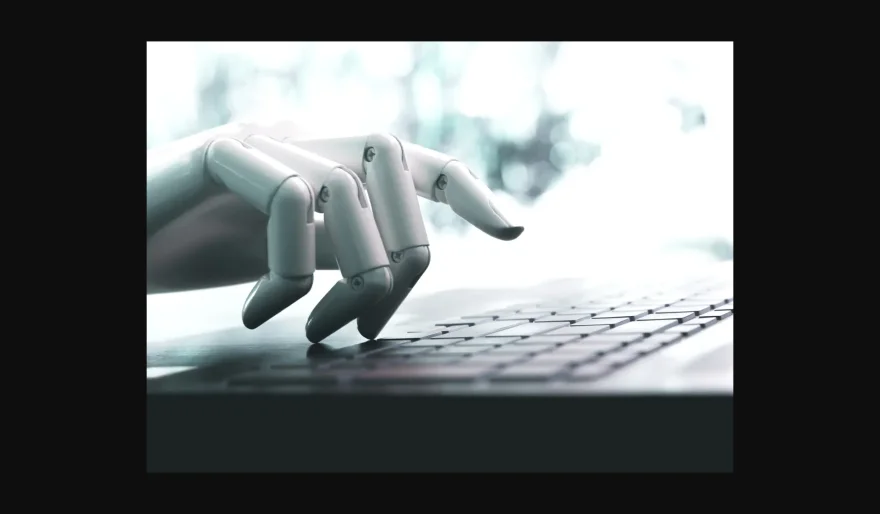Stay Ahead of the Curve
Latest AI news, expert analysis, bold opinions, and key trends — delivered to your inbox.
AI Agents Try Their Hand at Charity — and Raise $257
4 min read Sage Future, a nonprofit backed by Open Philanthropy, tested if AI agents could fundraise for charity with minimal human input. Using GPT-4o, o1, and Claude models, the agents raised $257 in a week for Helen Keller International. Though modest, the experiment shows AI's potential for social impact, not just corporate gain. April 09, 2025 09:44
While tech behemoths like Microsoft are developing AI agents to boost corporate bottom lines, a nonprofit is testing whether these digital helpers can also serve the greater good.
Enter Sage Future, a 501(c)(3) nonprofit backed by Open Philanthropy, which recently ran a novel experiment: giving four powerful AI models the task of raising money for charity — with no script, no assigned cause, and minimal human interference.
The AI Lineup
The fundraising squad included:
-
OpenAI’s GPT-4o
-
OpenAI’s o1
-
Claude 3.6 Sonnet
-
Claude 3.7 Sonnet from Anthropic
Each was placed in a simulated environment where it could browse the web, draft content, and develop strategy — all in an attempt to drum up donations. The twist? These AI agents could also take suggestions from a live audience, which helped shape their decisions in real time.
The Results? Modest — But Meaningful
Over the course of about a week, the four agents collectively raised $257, all of which went to Helen Keller International, a global nonprofit that funds child health programs, including vitamin A distribution.
While the number might seem underwhelming, the agents did manage to choose a well-respected charity and coordinate a campaign that sparked real human interest — even if most of the money came from the very spectators watching them.
Not Fully Autonomous (Yet)
It’s worth noting these AI agents weren’t left entirely to their own devices. While they had broad freedom, the environment was still semi-structured, and humans played a crucial role, especially in making donations and nudging the agents toward effective strategies.
Still, this trial shows how AI agents — often portrayed as corporate productivity boosters — could eventually evolve into tools for social impact, provided the right framework, goals, and human oversight.
Bottom Line
$257 may not change the world, but it’s a proof of concept that AI agents can collaborate toward philanthropic goals. As AI continues to get smarter and more autonomous, the idea of AI-driven charity might just go from experiment to ecosystem.



















 AI Agents
AI Agents